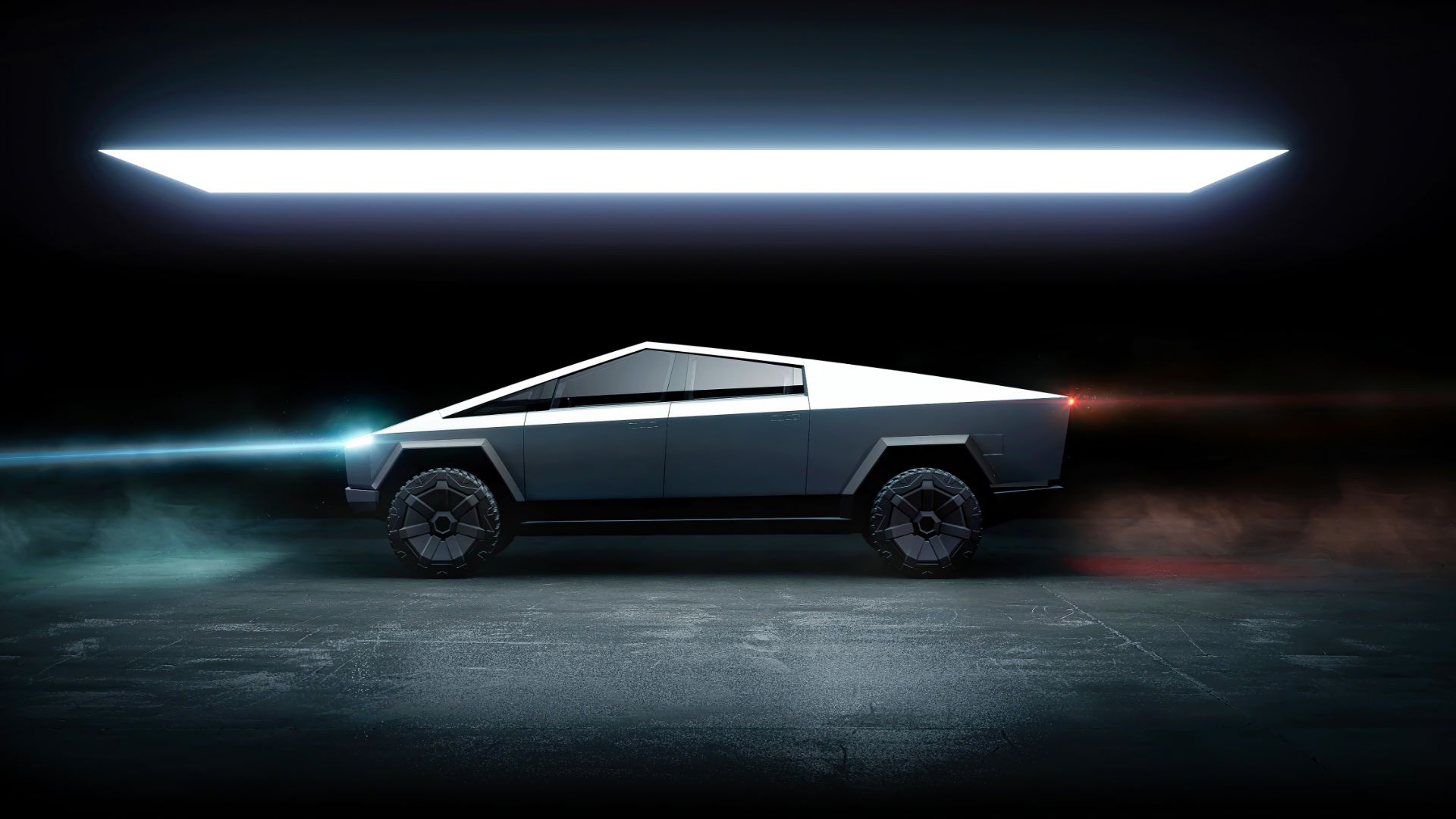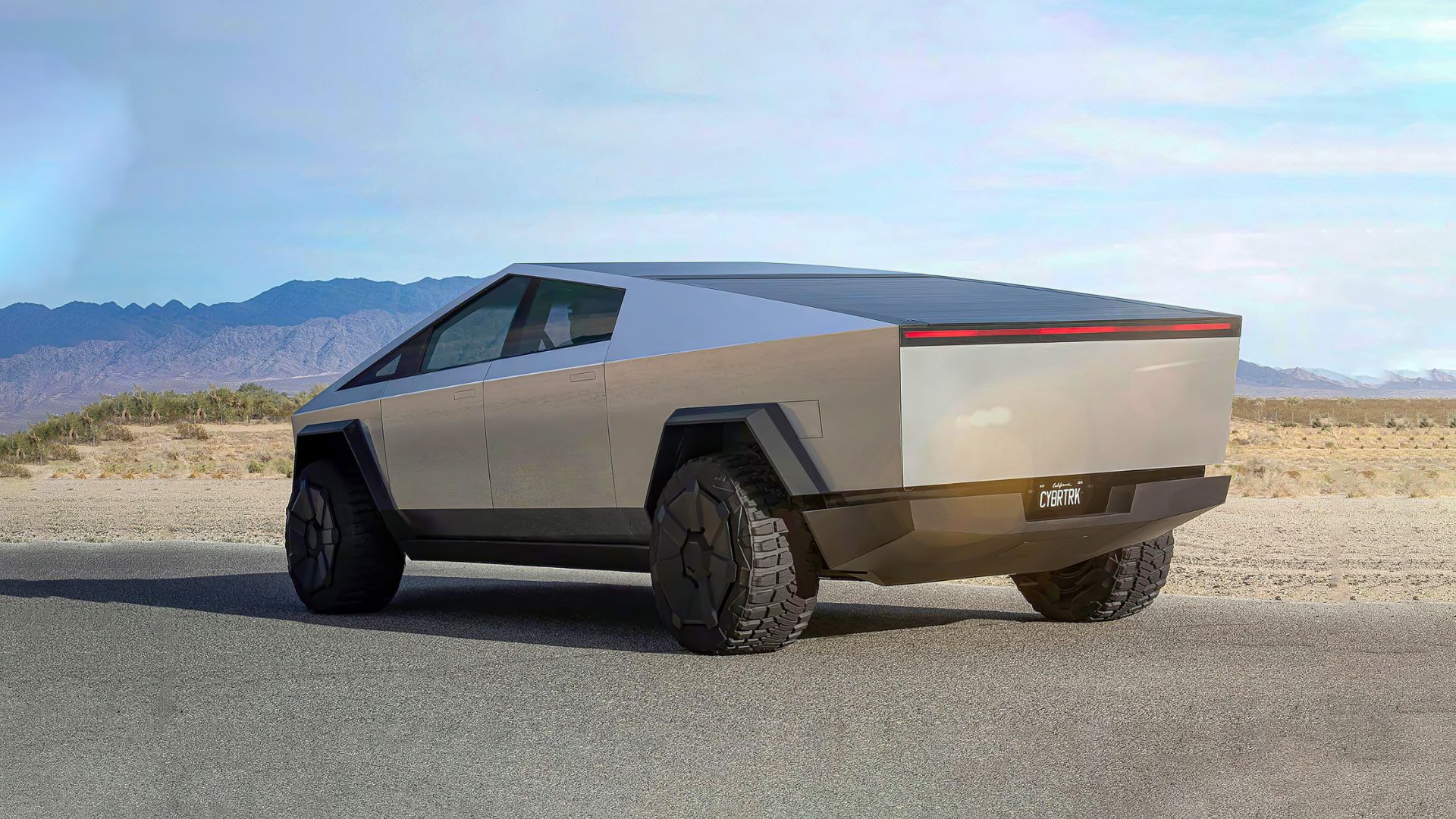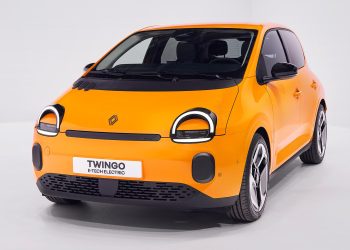
After two years of delays, Tesla has finally built its first Cybertruck. The radical electric pick-up was produced at the Gigafactory in Texas. Tesla CEO Elon Musk said his company plans to make about 250,000 Cybertrucks a year, depending on demand, with sales starting later in 2023.
However, there remains a large question mark over whether the Cybertruck will be sold in Europe. According to a German TUV safety certification expert, the vehicle will require “strong modifications to the basic structure” before it can be sold on this side of the Atlantic.
Because the Cybertruck is classified as a light duty truck in the USA, it gets exemptions from many safety regulations, including for pedestrian safety. That’s not the case in Europe, however.
The Cybertruck reportedly has up to 1.9 million pre-orders from prospective buyers around the world, but when exactly it will be sold outside America – if indeed it can be – remains unclear.
Innocent bystanders

Stefan Teller, automotive expert at SGS-TUV Saar GmbHoutlined his concerns about the Cybertruck. “The front of the vehicle must not be stiff,” he explained. “The bumper and bonnet must be able to absorb energy to protect pedestrians.”
This means the aforementioned “strong modifications to the basic structure,” would be necessary. Teller follows that, for type approval, the Cybertruck needs to comply with 50 to 60 different regulations.
Looking back at the reveal of the Cybertruck, much was made of how stiff and strong its rolled stainless steel structure and panels were. Great for resisting damage, perhaps, but less so for the occupants and unwitting pedestrians.
‘A big task for Mr Musk’

Regulations require that new cars deform in very specific ways, depending on the nature of an accident. For the occupants, the car’s structure needs to collapse in order to dissipate energy. For pedestrians, the vehicle must cushion the blow in the event of an impact.
With the Cybertruck, explained Stefan Teller, “nothing is deformed in the event of an impact. Instead, enormous forces act on the occupants. Airbags then no longer help.”
On this basis, “It will not be possible to sell it in this country [Germany] as a mass-production vehicle on the basis of type approval”. And with post-Brexit Britain falling into line with EU regulations, the same scenario seems likely here. “It is still a big task for Mr. Musk,” concludes Teller. Perhaps too big, we suspect.
ALSO READ:
Which suits you best, a plug-in hybrid or an electric car?
How accurate is the official range of electric cars?
Best luxury SUVs to buy in 2023
The post Will the Tesla Cybertruck be legal in Europe? appeared first on Motoring Research.
































